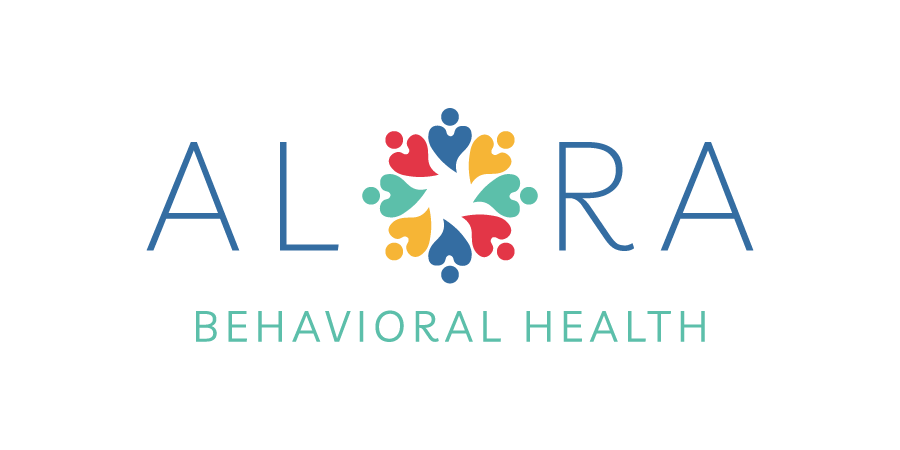Applied Behavior Analysis (ABA) therapy is often associated with children on the autism spectrum, but its scope extends beyond childhood. ABA therapy has proven to be highly beneficial for adults with developmental disabilities, helping them achieve greater independence, improve their quality of life, and address specific challenges they may face. In this blog, we’ll explore how ABA therapy is making a positive impact on the lives of adults with developmental disabilities.
Challenges Faced by Adults with Developmental Disabilities
Adults with developmental disabilities, such as autism, Down syndrome, or intellectual disabilities, often encounter various challenges that affect their daily lives. These challenges can include difficulties in communication, social interaction, self-care, vocational skills, and behavior management. ABA therapy can effectively address many of these challenges by providing evidence-based interventions and personalized support.
ABA Therapy for Communication and Social Skills
For adults with developmental disabilities, communication and social skills are critical for meaningful interactions and building relationships. ABA therapy can focus on:
- Enhancing Communication: ABA therapy offers interventions tailored to an individual’s communication needs, whether it’s improving speech and language, teaching the use of augmentative and alternative communication (AAC) systems, or facilitating non-verbal communication skills.
- Social Interaction: ABA helps adults develop social skills like turn-taking, initiating conversations, understanding social cues, and practicing empathy, all of which are essential for building connections.
- Relationship Building: ABA supports the development of meaningful relationships with family, friends, and peers by teaching skills like sharing, cooperation, and conflict resolution.
Independent Living Skills
ABA therapy assists adults with developmental disabilities in acquiring essential daily living skills that enhance their independence. These skills may include:
- Self-Care: ABA helps individuals learn self-care routines, such as personal hygiene, dressing, and grooming, promoting autonomy and self-esteem.
- Cooking and Nutrition: Adults can benefit from ABA interventions that teach meal preparation, healthy eating habits, and grocery shopping.
- Household Management: ABA therapy can address skills like cleaning, organization, and time management to ensure a comfortable and functional living environment.
Vocational and Employment Skills
Employment opportunities and vocational skills are crucial for adults with developmental disabilities to lead fulfilling lives. ABA therapy can assist in:
- Skill Development: Individuals can receive training in job-related skills, including time management, task completion, and effective communication in the workplace.
- Job Placement: ABA professionals can collaborate with job coaches and employment specialists to help adults find suitable job placements.
- Job Retention: ABA therapy can provide ongoing support to maintain employment by addressing challenges like workplace social interactions and managing job-related stress.
Behavior Management and Emotional Regulation
ABA therapy addresses challenging behaviors that may interfere with daily life. It teaches adults adaptive behaviors and emotional regulation strategies, enhancing their overall well-being and social integration.
The Role of Family and Caregivers
Family members and caregivers play a significant role in the success of ABA therapy for adults with developmental disabilities. They often act as a support network, reinforcing skills and strategies learned during therapy in real-life situations. Collaborative efforts between ABA therapists, individuals, and their support network contribute to meaningful progress.
ABA therapy offers a comprehensive and individualized approach to address the unique needs of adults with developmental disabilities. By targeting communication, social, independent living, vocational, and behavior management skills, ABA therapy empowers adults to lead more independent and fulfilling lives. Its impact extends beyond childhood, supporting lifelong growth and development for individuals with developmental disabilities.
